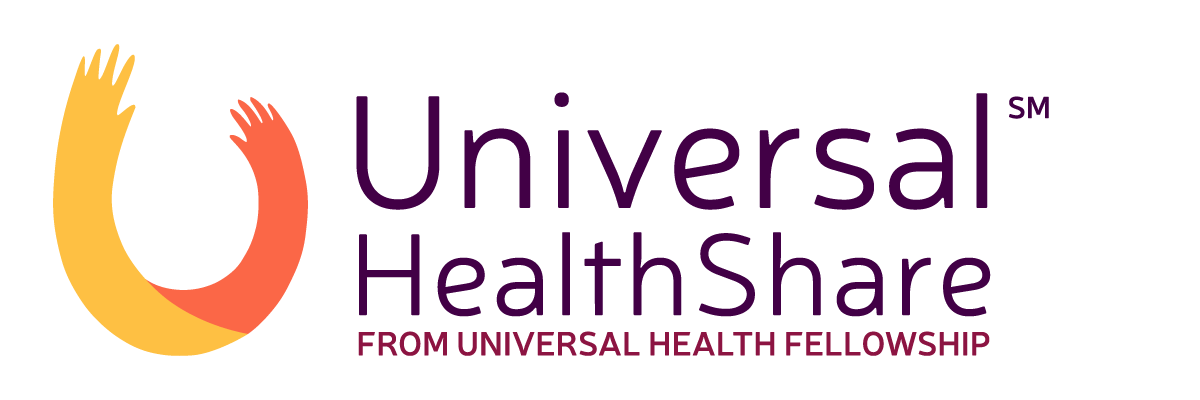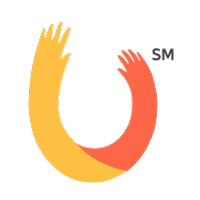What Is Epilepsy?
Epilepsy is a chronic neurological disorder that causes seizures or periods of unusual behavior/sensations and occasionally loss of awareness. According to the Epilepsy Foundation, someone is diagnosed with epilepsy after having two unprovoked seizures or one unprovoked seizure with a high likelihood of having more.
To be considered epilepsy, these seizures cannot be caused by a known and reversible medical condition. For example, if someone has two unprovoked seizures due to alcohol withdrawal or extremely low blood sugar, they cannot be diagnosed with epilepsy.
What Does a Seizure Look Like?
The symptoms of seizures vary widely. Some people will stare blankly ahead for a few seconds while others will have the “classic” convulsions many people associate with seizures. Generally, signs of a seizure can include any of the following symptoms:
- Temporary confusion
- Staring
- Muscle stiffness
- Uncontrollable jerking movements of the arms and legs
- Loss of consciousness or awareness
- Fear, anxiety, or déjà vu
Symptoms vary based on the type of seizure, explained below.
What Are the Types of Seizures?
Seizures are classified into two groups:
- Generalized Seizures
- These seizures affect both sides of the brain.
- Absence seizures (petit mal seizures) – Can cause rapid blinking or a few seconds of staring into space
- Tonic-clonic seizures (grand mal seizures) – Can make a person fall to the ground, lose consciousness, vocalize, and/or have muscle jerks
- Focal Seizures
- These seizures happen in just one part of the brain.
- Simple focal seizures – Can cause twitching or a change in sensation, such as strange taste or smell
- Complex focal seizures – Can cause confusion and often renders a person unable to respond to questions or directions for a few minutes
- Secondary generalized seizures
- These seizures begin in one part of the brain but spread to both sides of the brain.
- This type of seizure is a focal seizure followed by a generalized seizure.
What Causes Epilepsy?
According to www.cureepilepsy.org, epilepsy and seizures result from “abnormal circuit activity in the brain.” Faulty wiring during brain development, brain inflammation, injury, or infection can lead to seizures and epilepsy. However, almost 50% of those diagnosed with epilepsy are diagnosed with an unknown cause.
The most common causes, if known, for epilepsy include:
- Brain structure abnormalities
- Genetics
- Immune system abnormalities
- Infectious disease
- Metabolism changes
- Stroke
- Physical trauma
- Tumors
Who Is at Risk of Being Diagnosed with Epilepsy?
Epilepsy affects 1.2% of the population in the United States. This equates to approximately 3.4 million people in the U.S. and more than 65 million people worldwide.
- Epilepsy affects 1 out of every 26 people at some point in their lives.
- Epilepsy can strike anyone at any time. Although studies have yet to identify a peak diagnostic period, the incidence rate is higher in young children under the age of two and individuals aged 65 and up.
- About 50-60% of children who have seizures will outgrow them and never have another seizure as an adult.
Ethnicity and Race
Researchers are still unclear if ethnicity plays a role in who develops epilepsy, however, have found the following:
- Epilepsy occurs more frequently in Hispanics than in non-Hispanics
- Active epilepsy is more frequent in white people than black people
- Black people have a higher lifetime prevalence of epilepsy than white people
- An estimated 5% of Asian Americans currently have epilepsy
Age
Epilepsy can occur at any age, although it is most diagnosed in children under the age of two and people aged 65+. At age 55, the rate of epilepsy diagnoses spike as this age group becomes more prone to strokes, tumor, and Alzheimer’s disease.
Additionally, if you had seizures as a child (even those not connected to epilepsy), you’re more likely to develop epilepsy as you age.
Genetics
If you have a close relative with epilepsy, you’re more likely to be diagnosed with it too. Children with one or two parents with epilepsy have a 5% chance of developing the neurological disorder.
Dementia
Epilepsy can occur in people struggling with their mental abilities.
Head Injury
Epilepsy can be caused by traumatic brain injury (TBI). TBI can occur due to a hard fall, car accident, sport injury, severe shaking of the head (often seen in child abuse), any object piercing the skull and entering brain tissue, or skull fractures. Brain injury can also occur due to strokes or blood vessel disorders that affect how much oxygen the brain receives.
How Can I Prevent Epilepsy?
While you may not be able to control all the factors that play into epilepsy, you can take some measures to ensure your own safety.
- Prevent traumatic brain injuries
- Always use seat belts, bicycle/motorcycle helmets, car seats for children, and airbags when necessary.
- Avoid falling to the best of your ability. Go slowly on stairs, pick up your feet instead of shuffling, place rubber pads under slippery floor mats, and move slowly and carefully on ice.
- In the event of a traumatic brain injury, take good care of it to avoid developing epilepsy.
- Lower the chances of stroke and heart disease
- Get vaccinated
- Immunizations lower your chances of infection that can sometimes lead to epilepsy
- Wash your hands and prepare food safely
- The most common cause of epilepsy world-wide is an infection called cysticercosis. Cysticercosis is caused by a parasite and is easily prevented through good hygiene and safe food handling.
- Stay healthy during pregnancy
- Some problems during pregnancy and childbirth can lead to epilepsy. To keep you and your child safe, develop a prenatal care plan with your doctor and follow it to the best of your ability.
Is there a Cure for Epilepsy?
There is no known cure for epilepsy. Doctors have developed several treatments, therapies, and surgeries that can help a person become seizure-free.
How Can I Help Someone Having a Seizure?
There isn’t anything you can do to stop a seizure once it starts. But seizure first-aid, and knowing when to call 911, can protect someone from harm.
- Keep other people out of the way
- Move hard or sharp objects away from the person
- Do NOT try to hold them down or stop convulsions
- Roll them to their side to help keep their airway clear
- Time the seizure from beginning to end
- Do NOT place anything in their mouth
If a seizure lasts more than 5 minutes or the person has difficult breathing of waking after a seizure, call 911.
To learn more about epilepsy, you can visit www.cureepilepsy.org, www.epilepsy.com, or the CDC’s page on epilepsy.


